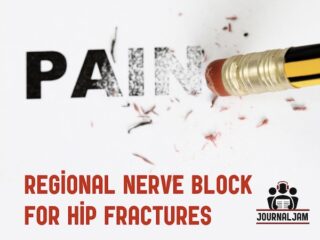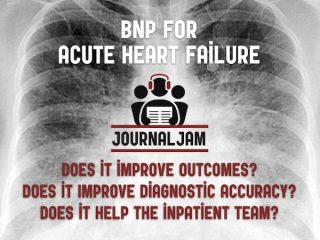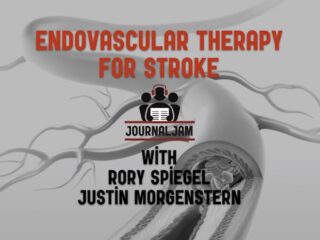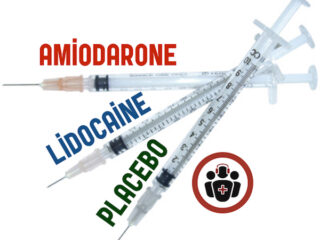Journal Jam is the EM Cases podcast that reviews and critically appraises the world’s literature on a particular practical topic with an EBM lens with hosts Anton Helman, Rory Spiegel and Justin Morgenstern.
JJ 13 Regional Nerve Blocks for Hip Fractures
In this EM Cases Journal Jam podcast with Anton Helman, Justin Morgenstern, Rory Spiegel, and special guest Jacques Lee we explore the evidence for femoral nerve blocks and fascia iliaca blocks as well as discuss the practical implementation of them in your ED. We answer questions such as: Do regional nerve blocks for hip fractures effectively reduce pain? Do they decrease opioid use? Are they safe compared to standard pain management? Should the block be done prior to x-ray confirmation? and many more...











